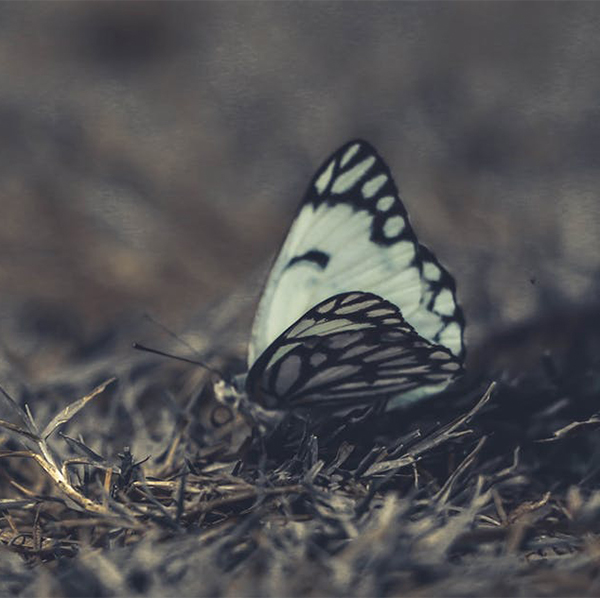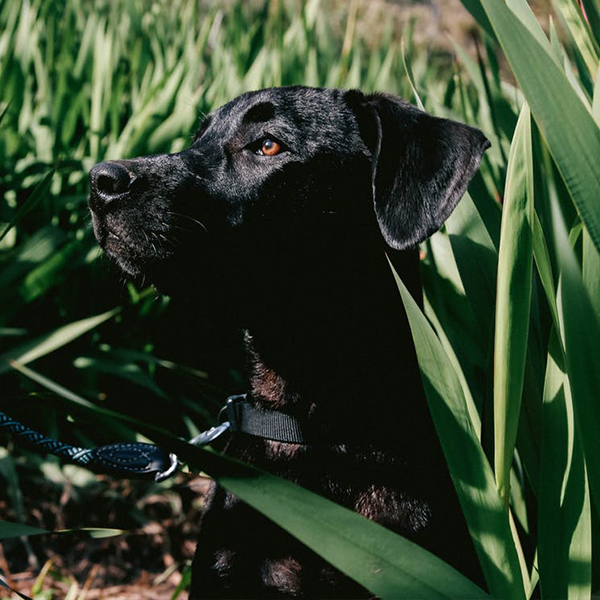The Perfect Compost Heap For An Eco-friendly Garden
When done right, creating and using your own compost can be one of the most satisfying and productive things you can do as a gardener. The natural breakdown of organic matter is something that occurs in nature every day, but in our gardens, we need to aid this process to make sure that our soil remains healthy and that out plants thrive.
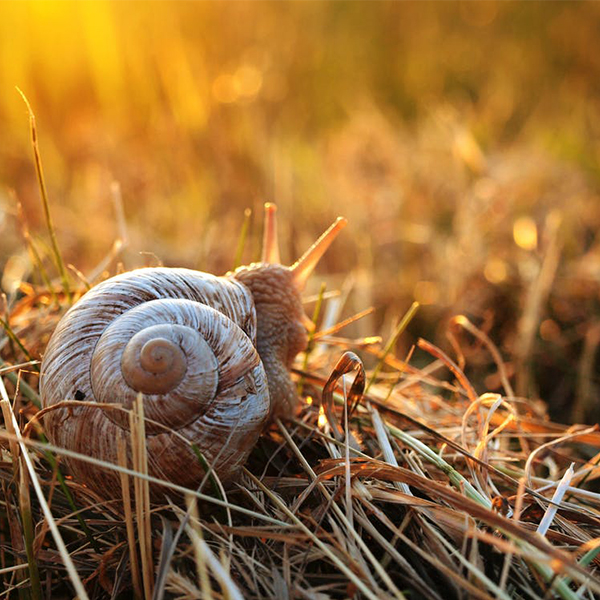

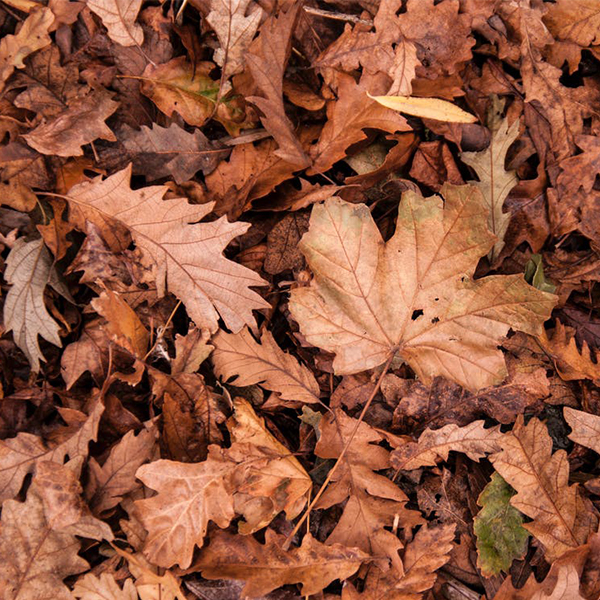
The Benefits of Composting
Compost should not be confused with fertiliser, as the former feeds the soil while the latter is more directly taken up by plants. Compost is also considered to be a healthy, more long-term beneficial addition to any garden as it helps to add nutrients to the soil to create an overall healthy environment that not only benefits your plants, but also the natural micro-organisms, worms and other living things that inhabit and enjoy your garden’s ecosystem. Using homegrown compost means that you will be saving money on buying compost and fertiliser, as well as reducing the number of chemicals that you use in your garden. It is also a wonderful way to use all that organic waste that you produce in your home. Other benefits also include attracting life into the soil such as earthworms, and helping the ground be able to retain moister better and provide the right firmness to allow growth and stability for your plants.
How to Get Started
Creating your own organic matter to feed your garden is far easier then most people think. Producing it is an entirely organic process and with regular care and the right ingredients, you can have your first dry and crumbly harvest of soil-like compost as soon as six months from when you created your heap, depending on the matter you use and the seasons. There are also other types of composting such as organic waste bins and worm farms, as well as Bokashi which makes the use of healthy fungus, yeast and bacteria to break down organic products in a container and which significantly speeds up the decomposing process.
One of the primary things to consider is where to place your compost pile. It should be placed directly on grass or dirt. Putting it in an out-of-the-way corner of your garden is a good idea; preferably where a somewhat unsightly heap of organic waste will not mar the rest of the beauty of your garden. The area you choose should also allow you to create a large enough heap for the amount of natural waste you produce and for how much compost you want to create. Another factor that must be considered is that it gets a fair amount of sun daily, especially in winter, as heat is important to make sure that the heap bakes and that the natural break down processes occur to give you soil-like, nutrient-rich compost. If space is limited, then you should create a low fence to make sure that the pile’s contents do not spill out of the borders of your compost corner.

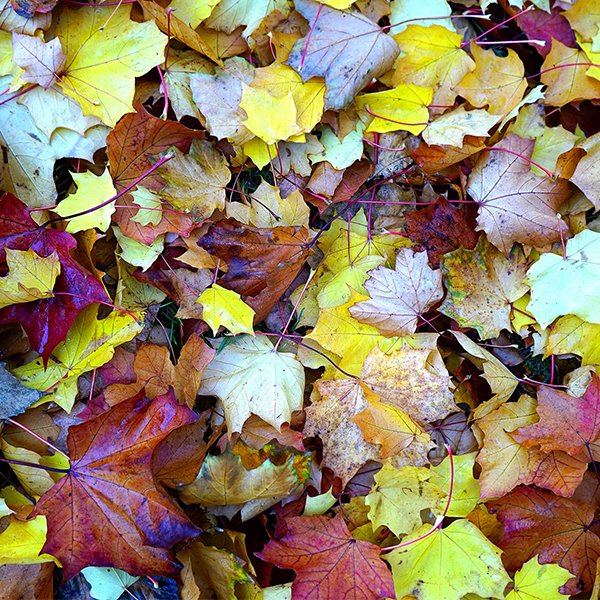
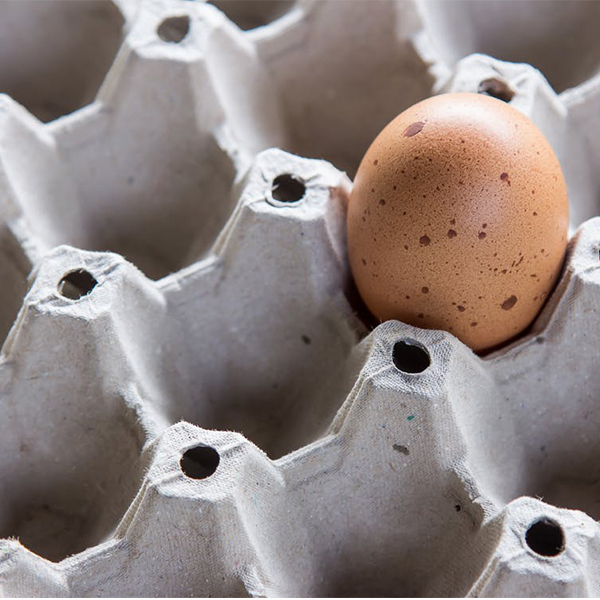
In order to get the most out of your compost heap, you must add the right type of materials. Organic matter is a must. Things such as dry leaves, cut grass, vegetable peelings and small twigs are good to add. Other ingredients can also be eggshells, manure, cardboard, newspaper, and egg boxes. You can also add weeds, but only if they have not gone to seed as this can cause them to sprout up on your compost heap. Things that are important to avoid when composting is meat, anything not organic such as plastic, glass, excreta, as well as plants treated with chemicals or which have shown signs of illness. You should also avoid things such as citrus peels as this will degrade the pH balance of your heap, and discourage worms and other micro-organisms. Animals by-product and faeces should not be used as this will cause rotting to occur, create strong smells and attract flies and other unwanted pests.
It is advisable to alternate brown, dry matter such as leaves, cardboard and eggshells with green matter such as fresh grass, vegetable peelings and weeds to create a diversity of layers. If you do not have enough green matter to create a moist heap, then occasionally sprinkling it with water will help to make sure that it does not dry out, especially in winter or in hot weather. You should also gently turn your compost pile with a garden pitchfork or spade once every month. This will aerate it to prevent rot and create a favourable environment for organisms to thrive. Turning your organic waste heap also mixes the content and will aid in speeding up the decomposing process by spreading worms and microbes. Once your compost is dark brown and crumbly, it is ready to use and you can spread it generously over your beds, grass or mix it into your garden soil.
When Things Go Wrong
Sometimes things do not go to plan, especially if you are new to creating your own organic matter for your garden, or if the weather does not play along. Fortunately, most of the problems associated with decomposing your organic waste can be easily fixed and should not have any harmful long-term effects. Some of the most common composting problems that might occur are:
Rotting and not decomposing
This can be a problem if you have added the wrong ingredients to your pile, such as citrus peel, meat products or chemicals. To solve this add more natural plant matter, which should include dry grass or leaves, to the compost heap and turning it will help it dry out. You should also pay closer attention in the future to what you are adding to it. If the problem continues to persist, you will have to get rid of your pile and start anew.
In order to break down properly, as well as attract worms and micro-organisms, your organic matter most remain moist. Add more green matter such as cut grass, peelings and other freshly disposed waste that still contains its own moisture. Make sure to also sprinkle water over your heap, but do not over water it as you risk drowning any natural occurring critters that help to break down the waste products, and too much moisture will cause your compost pile to rot instead of decomposing.
Too dry
Flies
Decomposing matter will attract insects. If you use a lot of fresh manure, egg shells and peeling this can attract flies, but once the matter dries out they will abate. Maggots can be present in your heap and help to break it down, but by not using meat products and other animal waste, their presence will be minimum and your pile will not contribute to the growth of flies.
After it has rained, your heap will likely give off a mild, earthy smell. However, if it is excessively smelly and has an abundance of excess moisture, it is likely you have added too much green waste or wet it too much. To counter this, add dry leaves, cardboard, newspaper and egg cartons. This will help to absorb the excess moisture and reduce the smell. Turning your heap will also help to aerate the contents to allow it to dry out quicker if it is needed.
Smelly and wet
Not Enough Heat
In order to decompose into a usable, nutrient-rich consistency that resembles soil, your compost heap will require heat. This is provided by the sun and the natural breaking down process caused by organisms that live in the organic pile, but if there is not enough of these then your organic waste will not be decomposed sufficiently. A way to ensure that there is enough heat to bake your pile is to cut away or remove anything that might block the sun and to only turn your heap when it feels sufficiently warm. You can also add nitrogen-rich materials such as grass or a compost activator as a catalyst.
Considering Your Garden’s Critter Companions
A big benefit of creating an organic compost heap and adding this nutrient-rich, decomposed matter to your garden is that it creates an eco-friendly environment. However, you must consider that the pile is likely to attract a variety of different critters. Discarded vegetables, eggs, other edible waste will attract rodents or rabbits, and the worms that call your pile home will also attract other predators such as birds, hedgehogs and more, especially if you live in a semi-urban or rural area. Most critters will lose interest as your heap dries out and decomposes. Another factor is that dogs like to dig and role in it, even if they do not find the heap enjoyable to eat and it only gives off a mild smell, so fence it off if you find this a problem. Moths, butterflies, wasps and other insects will also appreciate fresh, wet matter. All this interest in your heap is not necessarily a bad thing, as a healthy, eco-friendly garden will attract more life, as will the flourishing vegetation that benefits from the wonderful compost that you create and use.

